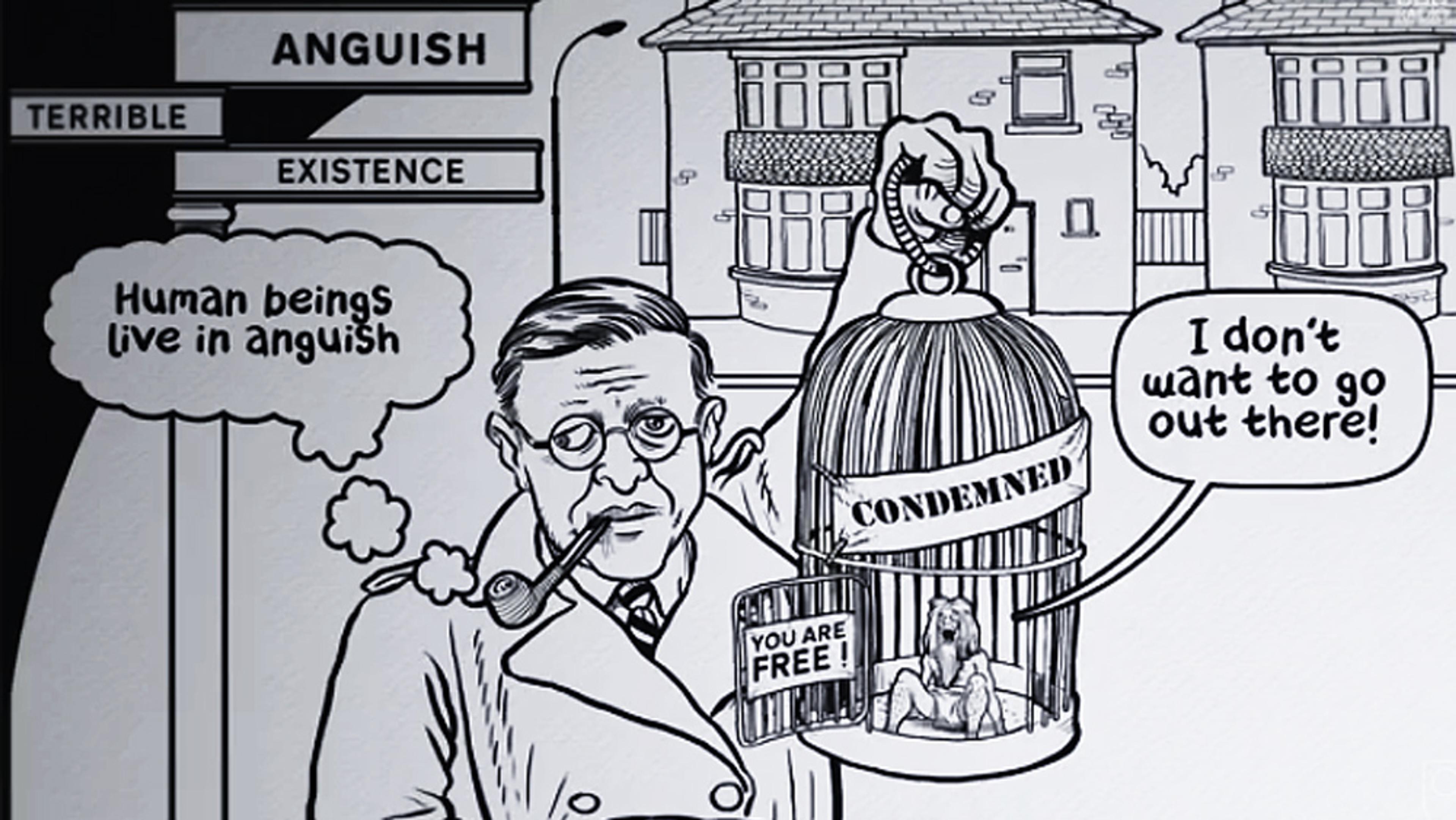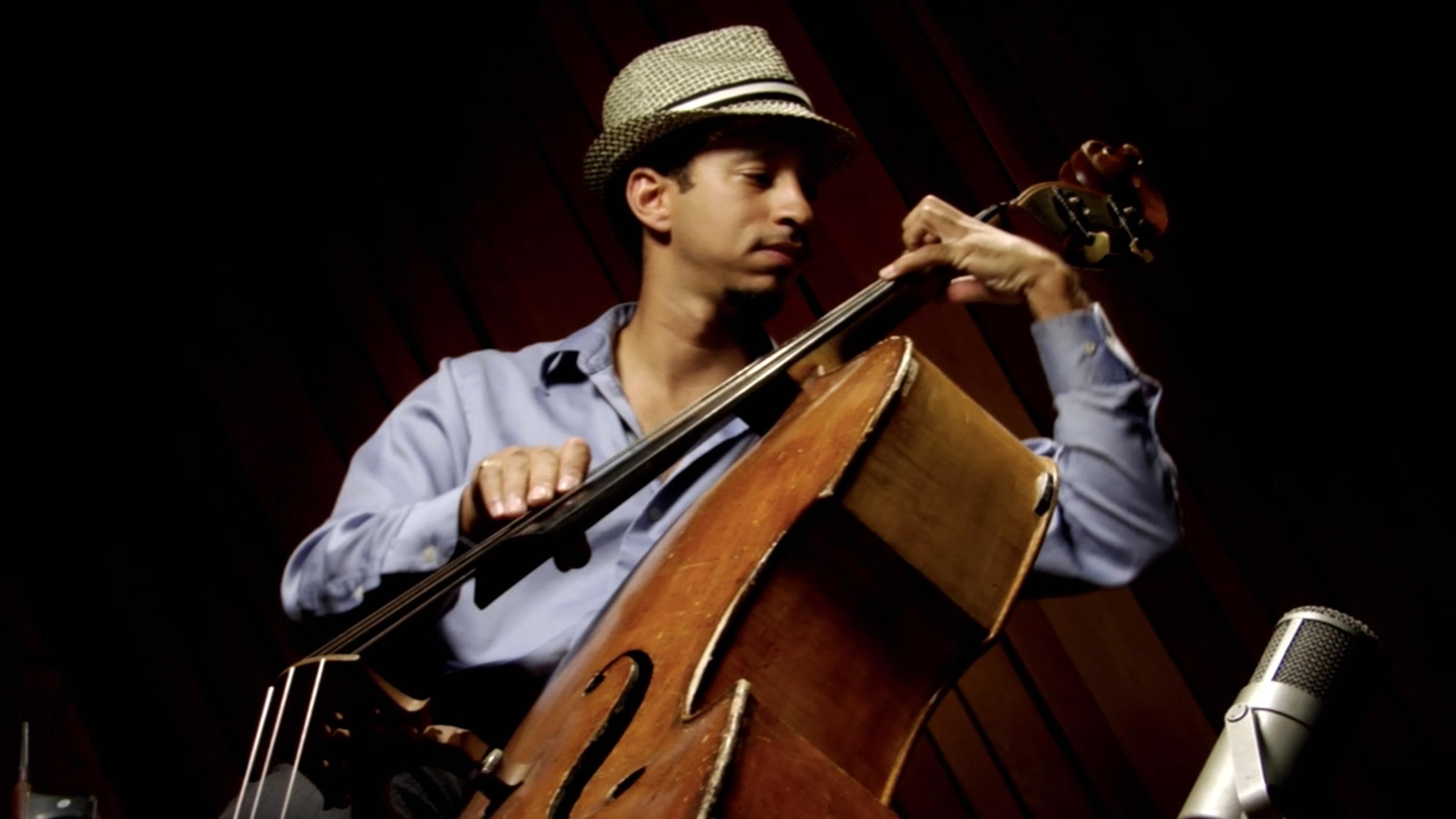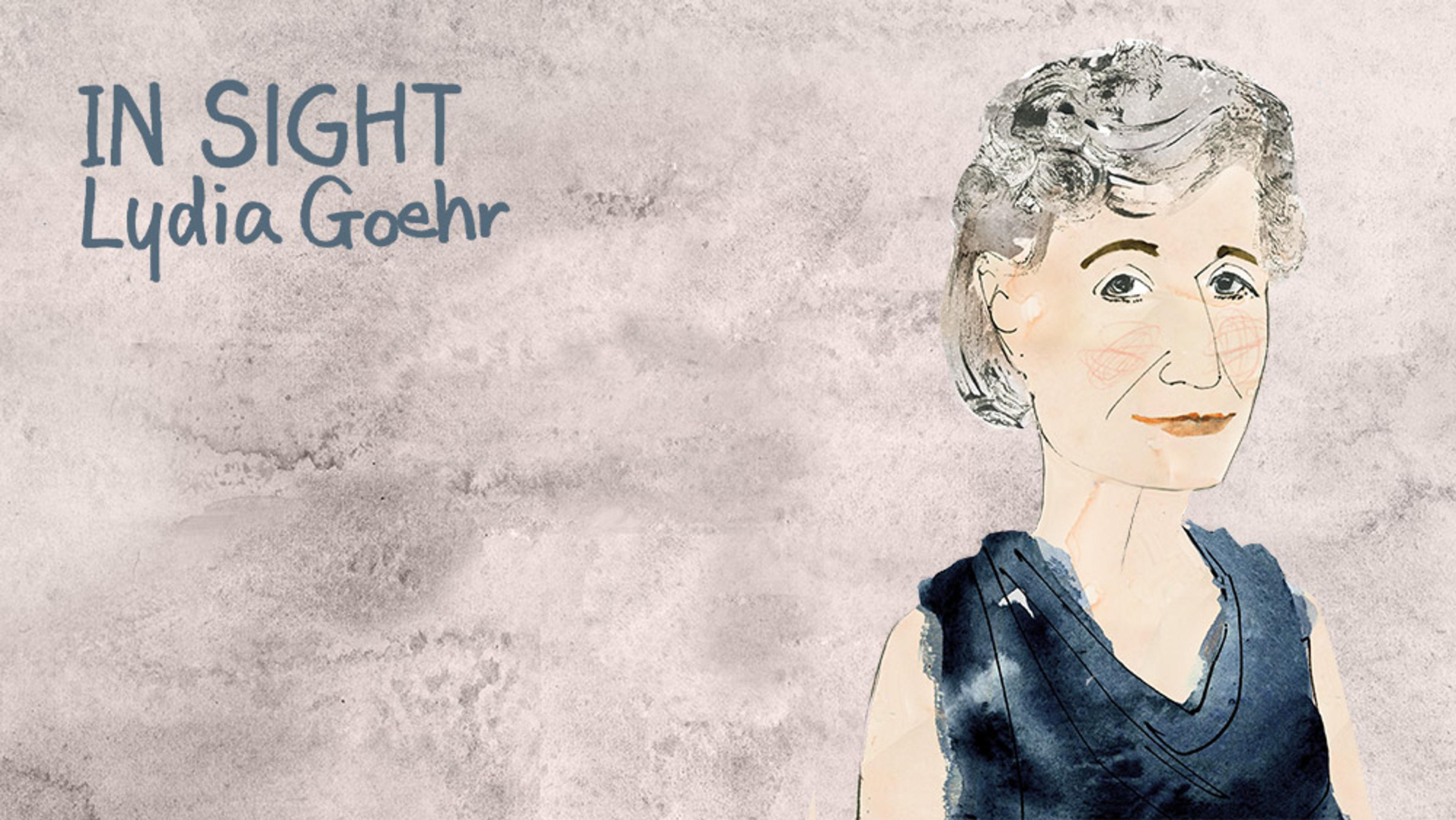Let’s say you’ve decided to enrich yourself by learning to appreciate classical music, even though you didn’t have much previous interest in it. Such a resolution is hardly uncommon, but acting on the aspiration requires you to value an activity that you don’t yet know how to. In this video, Agnes Callard, associate professor of philosophy at the University of Chicago, borrows from her book Aspiration: The Agency of Becoming (2018) to put forth a solution to this paradox centred on understanding our current and future selves as inexorably bound through the act of aspiration. Further, she argues, in resolving this paradox, we can understand ourselves as responsible for the act of self-creation – and, by extension, for our own morals and values. This video is part of the series Into the Coast, which sets out to capture philosophy as a ‘living discipline’ through interviews with leading academic philosophers.
How the philosophical paradox of aspiration is resolved by a new theory of self-creation
Director: Octavian Busuio
Producer: Katie Howe
Music: Tuomo Tiisala

videoMetaphysics
Stephanie regrets passing up a great opportunity. Can modal realism help?
5 minutes

videoKnowledge
True mastery demands going beyond the rules to learn for yourself
15 minutes

videoEthics
For Iris Murdoch, selfishness is a fault that can be solved by reframing the world
6 minutes

videoCosmopolitanism
Is the introspection of self-help and therapy hurting our ability to empathise?
10 minutes

videoPolitical philosophy
Sartre and the existential choice: ‘In fashioning myself, I fashion humanity’
2 minutes

videoHistory of ideas
I am, therefore I think – how Heidegger radically reframed being
13 minutes

videoHistory of ideas
Socrates believed self-knowledge was essential. Today, we wonder if there’s even a self to know
2 minutes

videoHistory of ideas
Music is marvellous, but not mysterious: an interview with Lydia Goehr
6 minutes

videoPhilosophy of mind
It’s easy to get caught up in constructing our selves, but what does it cost us?
3 minutes